Python: End-to-end Data Analysis. Leverage the power of Python to clean, scrape, analyze, and visualize your data Ivan Idris, Luiz Felipe Martins, Martin Czygan, Phuong Vo.T.H, Magnus Vilhelm Persson
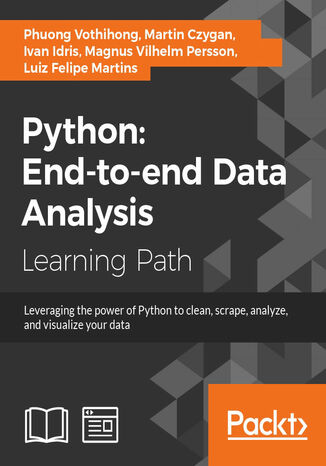



- Autorzy:
- Ivan Idris, Luiz Felipe Martins, Martin Czygan, Phuong Vo.T.H, Magnus Vilhelm Persson
- Wydawnictwo:
- Packt Publishing
- Ocena:
- Dostępne formaty:
-
PDFePubMobi
Opis
książki
:
Python: End-to-end Data Analysis. Leverage the power of Python to clean, scrape, analyze, and visualize your data
In this course, we will get you started with Python data analysis by introducing the basics of data analysis and supported Python libraries such as matplotlib, NumPy, and pandas. Create visualizations by choosing color maps, different shapes, sizes, and palettes then delve into statistical data analysis using distribution algorithms and correlations. You’ll then find your way around different data and numerical problems, get to grips with Spark and HDFS, and set up migration scripts for web mining. You’ll be able to quickly and accurately perform hands-on sorting, reduction, and subsequent analysis, and fully appreciate how data analysis methods can support business decision-making. Finally, you will delve into advanced techniques such as performing regression, quantifying cause and effect using Bayesian methods, and discovering how to use Python’s tools for supervised machine learning.
The course provides you with highly practical content explaining data analysis with Python, from the following Packt books:
1. Getting Started with Python Data Analysis.
2. Python Data Analysis Cookbook.
3. Mastering Python Data Analysis.
By the end of this course, you will have all the knowledge you need to analyze your data with varying complexity levels, and turn it into actionable insights.
Wybrane bestsellery
Ivan Idris, Luiz Felipe Martins, Martin Czygan, Phuong Vo.T.H, Magnus Vilhelm Persson - pozostałe książki
Packt Publishing - inne książki
Dzięki opcji "Druk na żądanie" do sprzedaży wracają tytuły Grupy Helion, które cieszyły sie dużym zainteresowaniem, a których nakład został wyprzedany.
Dla naszych Czytelników wydrukowaliśmy dodatkową pulę egzemplarzy w technice druku cyfrowego.
Co powinieneś wiedzieć o usłudze "Druk na żądanie":
- usługa obejmuje tylko widoczną poniżej listę tytułów, którą na bieżąco aktualizujemy;
- cena książki może być wyższa od początkowej ceny detalicznej, co jest spowodowane kosztami druku cyfrowego (wyższymi niż koszty tradycyjnego druku offsetowego). Obowiązująca cena jest zawsze podawana na stronie WWW książki;
- zawartość książki wraz z dodatkami (płyta CD, DVD) odpowiada jej pierwotnemu wydaniu i jest w pełni komplementarna;
- usługa nie obejmuje książek w kolorze.
Masz pytanie o konkretny tytuł? Napisz do nas: sklep@helion.pl
Książka drukowana



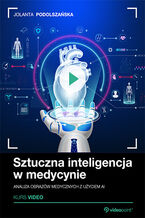
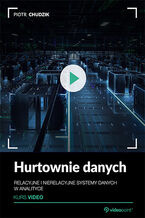


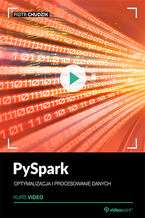




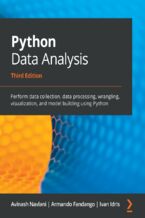

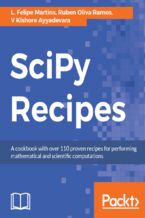
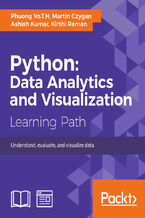
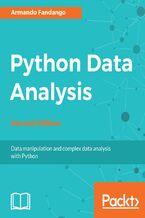
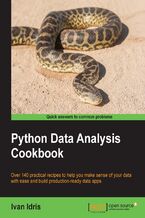
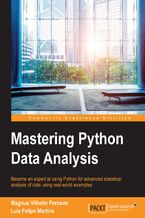
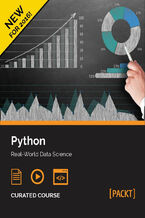
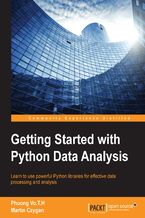
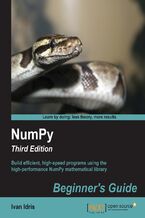







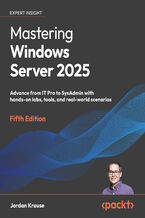
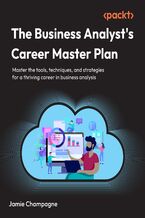
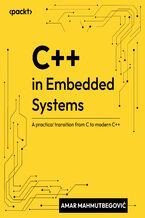
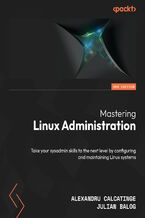
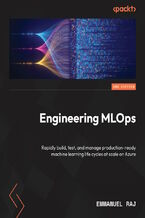
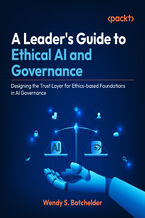
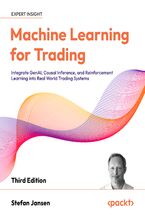
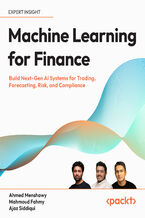



Oceny i opinie klientów: Python: End-to-end Data Analysis. Leverage the power of Python to clean, scrape, analyze, and visualize your data Ivan Idris, Luiz Felipe Martins, Martin Czygan, Phuong Vo.T.H, Magnus Vilhelm Persson
(0)